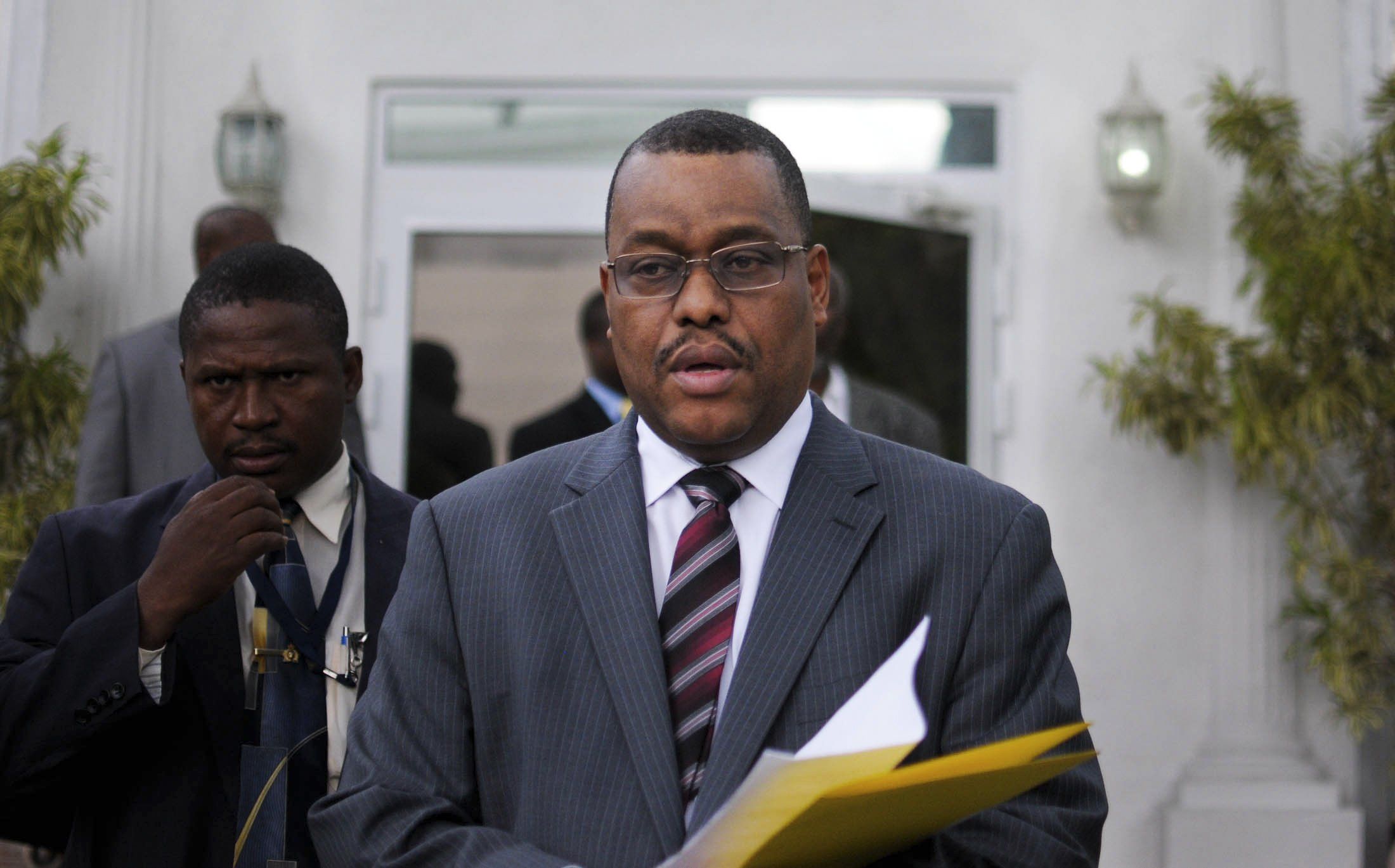This is not a job for the faint of heart. The transition council governing crisis-wracked Haiti has selected former Prime Minister Garry Conille to lead the country until new elections can be held.
Conille, who briefly served as PM in 2012, takes over for Ariel Henry, who resigned in March after being unable to re-enter the country following a trip abroad to secure international help fighting Haiti’s powerful gangs.
The task ahead is daunting. Violence has plunged the country into near failed state status since the assassination of President Jovenel Moïse in 2021. Gangs control more than 80% of the capital while more than 360,000 people have been displaced from their homes by clashes between gangs, vigilantes, and overmatched police, and nearly half of the island nation’s 11 million people face acute hunger.
A UN-backed international policing mission led by Kenya is preparing to deploy to Haiti in a bid to reassert government control ahead of fresh elections, which must be held by February 2026. It will be no small miracle if Conille stays in power that long.
What lies behind Haiti’s chronic instability? See our woefully timeless explainer here.
